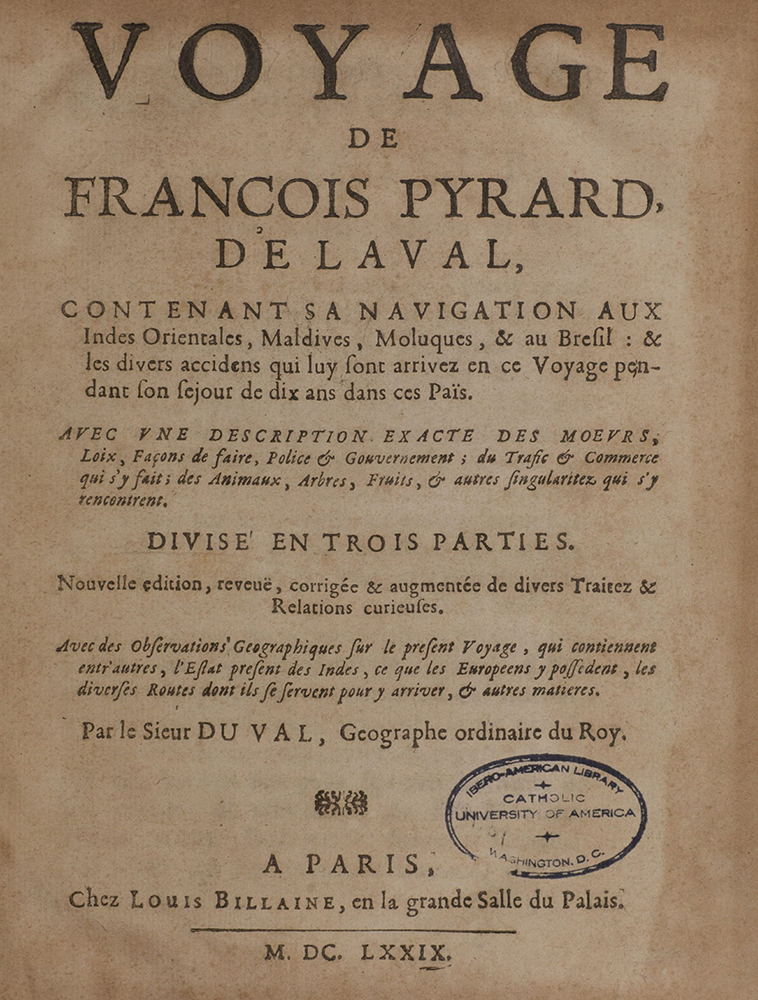

Whatever their fate, book collections are inevitably linked to the memory of their former owners.
It is in this light that the personal library of John Locke (British philosopher who lived 1632-1704) has drawn attention from scholars. Given Locke’s immense contribution to Modern Western thought, one might venture to say that the keener our knowledge of Locke’s personal library, the more we may understand about some of the thought processes that have influenced the world we live in today.
However, Locke’s library (as he knew it) did not remain intact after his passing. In his will, Locke divided his collection into two parts, the first going to his cousin Peter King, the other going to Francis Cudworth Masham, son of Sir Francis and Damaris Masham, on whose Otes estate Locke spent the last 13 years of his life after returning to England from his voluntary exile in the Netherlands.
These two parts of Locke’s library, known respectively as the King and Masham moieties, would experience very different fates. The King moiety would eventually find its way to the Bodleian Library at Oxford, where Locke himself had studied and taught. The Masham moiety, following the course of the disintegrating funds of the Masham family’s decadent successors, would be gradually dispersed throughout the world via auctions and other sales, leading Harrison and Laslett to conclude, in an almost wistful admission of defeat, that “We shall never set our eyes on more than a score or two of the Masham moiety” (Harrison and Laslett, p. 61).
Various institutions have been doing their part to assuage the gloom of these Locke scholars. Just last year the New York Academy of Medicine revealed that its copy of De Miraculis Occultis Naturae (1581) was part of the Masham Moiety. Today, it is the Oliveira Lima Library’s honor to contribute to these efforts to bring the Masham moiety further into light. In a bibliography of their rare books collection, it was confirmed that the “fine copy of” Voyage de François Pyrard, de Laval, contenant sa navigation aux Indes orientales, Maldives, Moluques, & au Bresil (1679), “in the Oliveira Lima Library belonged to John Locke.”
Probably because of rebinding done in the ’50s or ’60s, the book no longer bears his autograph. But it does bear all of the other markings characteristic of Locke’s that allowed the library to confirm that it belonged to him.
“Though unbridled, my giddiness might lead me to prattle on forever, I would like to briefly relate how the Oliveira Lima Library came to discover that it possesses one of John Locke’s books,” said Henry Widener, library and archives assistant, in a blog about the discovery.
Widener also shares how Locke’s book offers an example (among many) of how — despite its strength on Portuguese and Brazilian culture — “the Oliveira Lima Library has much to offer students of many disciplines worldwide,” he says, a fulfillment of Catholic University’s role as a global research institution.